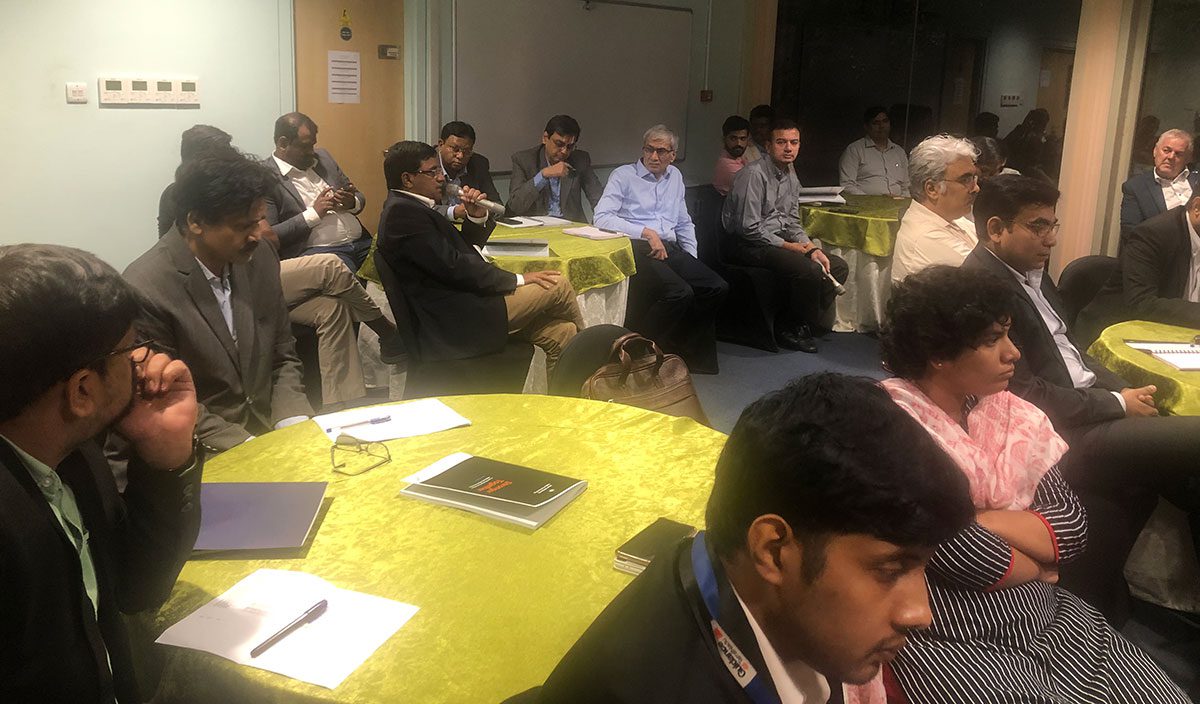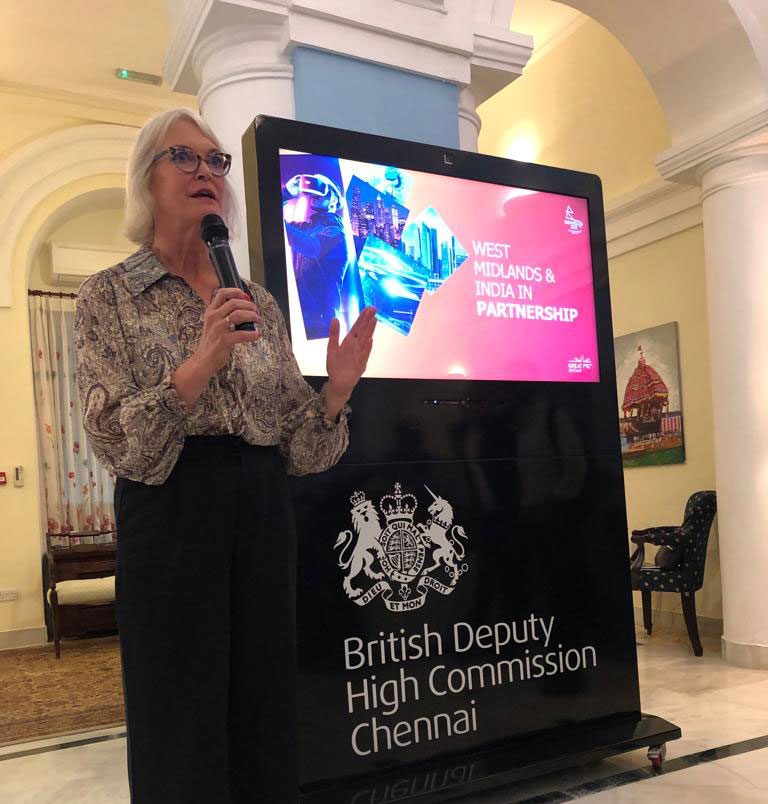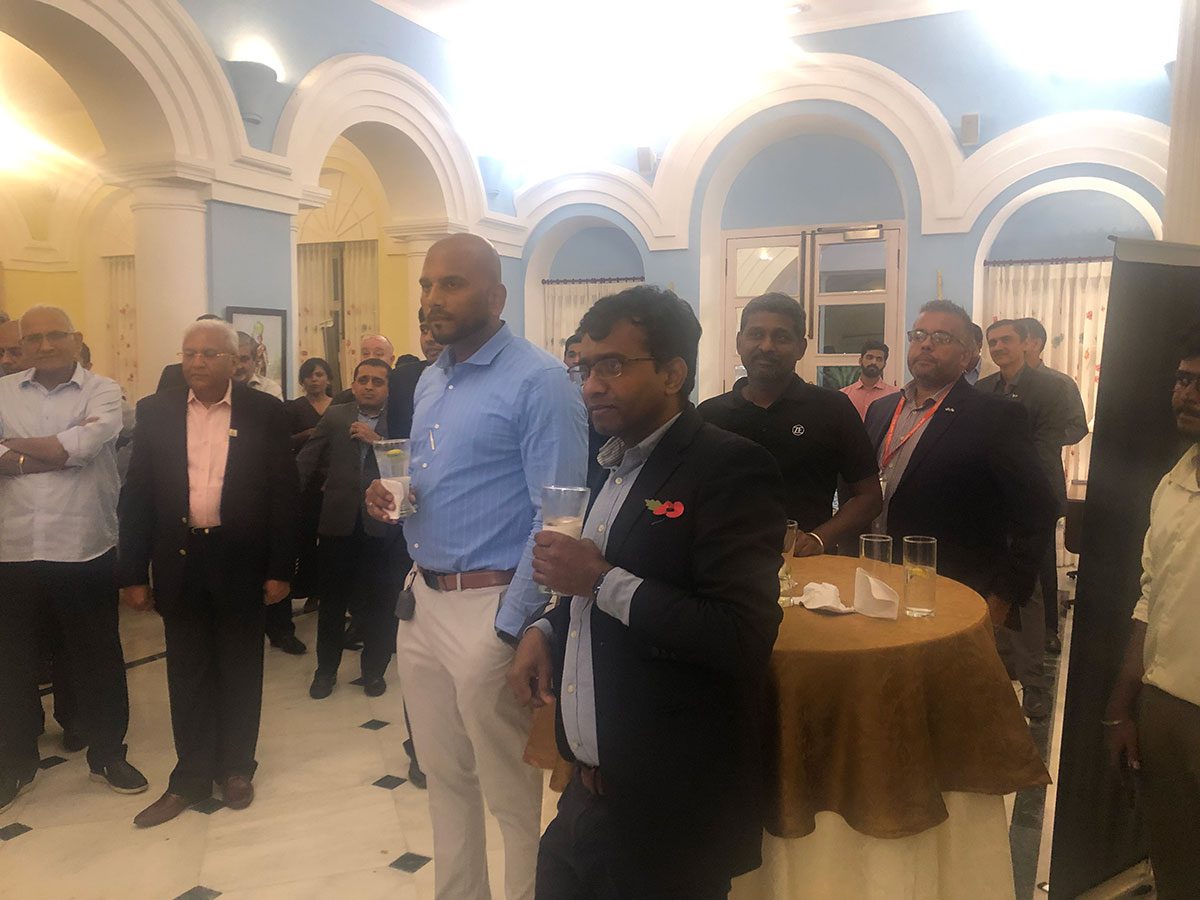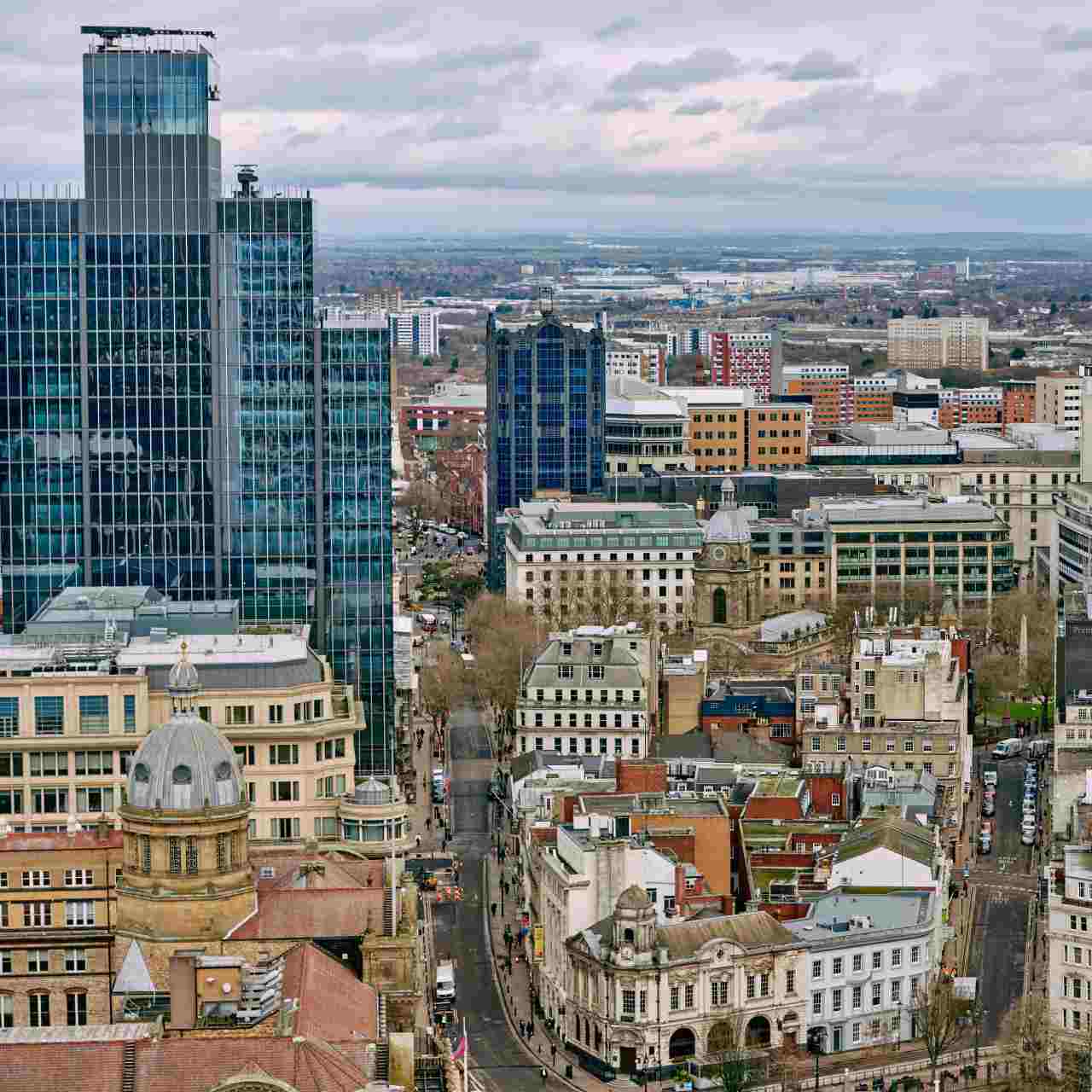India to the West Midlands: Innovating the Future of Mobility

Business leaders from the Future Mobility sector in Chennai and the West Midlands have come together to discuss the common challenges and opportunities facing the industry concerning the adoption of electric vehicles. In what was a fantastic event, the delegation of more than 20 sector experts also covered the need for an R&D knowledge-sharing ecosystem between Indian and UK organisations and the difficulty for automotive firms to plan long-term with the limitations of today’s technology.
The roundtable event, organised by the West Midlands Growth Company and chaired by Arun Roberts, Deputy Director at the Confederation of Indian Industry (CII), saw leading Indian companies Ashok Leyland, Switch Mobility, Mahindra and governing body Automotive Component Manufacturers Association (ACMA) participate. Senior representatives and sector experts from the West Midlands included Margot James, Executive Chair at Warwick Manufacturing Group (WMG), Chris White from the Manufacturing Technology Centre (MTC) and Adam Titchen, Sector Lead at West Midlands Growth Company.
A catalyst for electrification in India’s future mobility sector
Launching the event, Adam Titchen provided delegates with an in-depth overview of the West Midlands Future Mobility sector and how the electrification of 2-wheel (2W) and 3-wheel (3W) vehicles present multiple opportunities, ranging from improved air quality through the reduction in greenhouse gas emissions to the creation of new, economic development opportunities in manufacturing, distribution and retailing in India.

Whilst car ownership remains low in India (approximately 22 cars per 1000 people), ownership rates for two-wheelers and three-wheelers are among the highest in the world. Discussing how conventional 2W and 3W vehicles could be phased out, Adam shared that the cost of purchasing an e-bike or e-rickshaw must be competitive with the price of their diesel counterparts, as well as its technical performance.
Naturally, this then creates a market need for a supportive ecosystem regarding storage, operation and maintenance. Further investment is required in battery size capacity to deliver an extended driving range for consumers with the flexibility for battery swapping across India’s existing service stations, supermarkets and convenience stores or an accessible network of supercharging stations per square mile.
The strength of the West Midlands automotive industry and innovation support
The West Midlands economy is undergoing a profound technological transformation targeted at decarbonisation. This is opening a wave of new commercial opportunities across the region’s future mobility sector, predominantly blended around specialisms such as electrification, autonomous driving and connected autonomous vehicles.
The region’s collaborative unique approach has seen the developments of future mobility innovations and applications across many parts of the automotive production process with involvement from national and regional government-backed programmes as well as world-class universities.

Margot James, Executive Chair at WMG, explained how the University hosts the National Automotive Innovation Centre – the largest automotive research facility in Europe, notably by a partnership between WMG, Jaguar Land Rover, and Tata Motors European Technical Centre.
With pioneering research with industry in energy, materials & manufacturing, digital technologies, and intelligent vehicles, WMG and other universities are exploring potential partnerships with India Institutes of Technology.
The UK’s leading region for the manufacture of transport equipment
The West Midlands is a leader in low-carbon technologies with considerable R&D and innovation assets supporting industry alliances and providing testbeds and state-of-art laboratories such as MTC.
Chris White, Director of Industrial Policy at MTC, added how MTC is developing the ‘Factory in a Box’ concept to increase automation and productivity in UK manufacturing, and recently 3D-printed a working electric motor, supporting research commercialisation with real-world testing facilities across additive manufacturing, digital manufacturing, robotics and autonomous production systems, autonomous systems and manufacturing process and efficiency improvement.

How Indian Future Mobility companies can enter the UK market
During the event, Adam Titchen introduced delegates to West Midlands Global Growth Programme; a state-of-the-art package of fully funded, soft-landing support designed to help international businesses establish and grow in the UK market. There are opportunities for companies within the Indian future mobility sector to receive specialist market entry and innovation support, alongside unrivalled scope to integrate and network within the West Midlands world-class automotive industry; home to the UK’s first Future Mobility Zone.

An Exciting Opportunity for India-West Midlands Future Collaboration
Later this week, the West Midlands Future Mobility delegation will be participating in further roundtable events with Indian Future Mobility experts in Mumbai and Delhi. We look forward to delving deeper into how a technology innovation network could help Indian and UK companies establish which areas to prioritise R&D spend in next-generation future mobility advancements.

